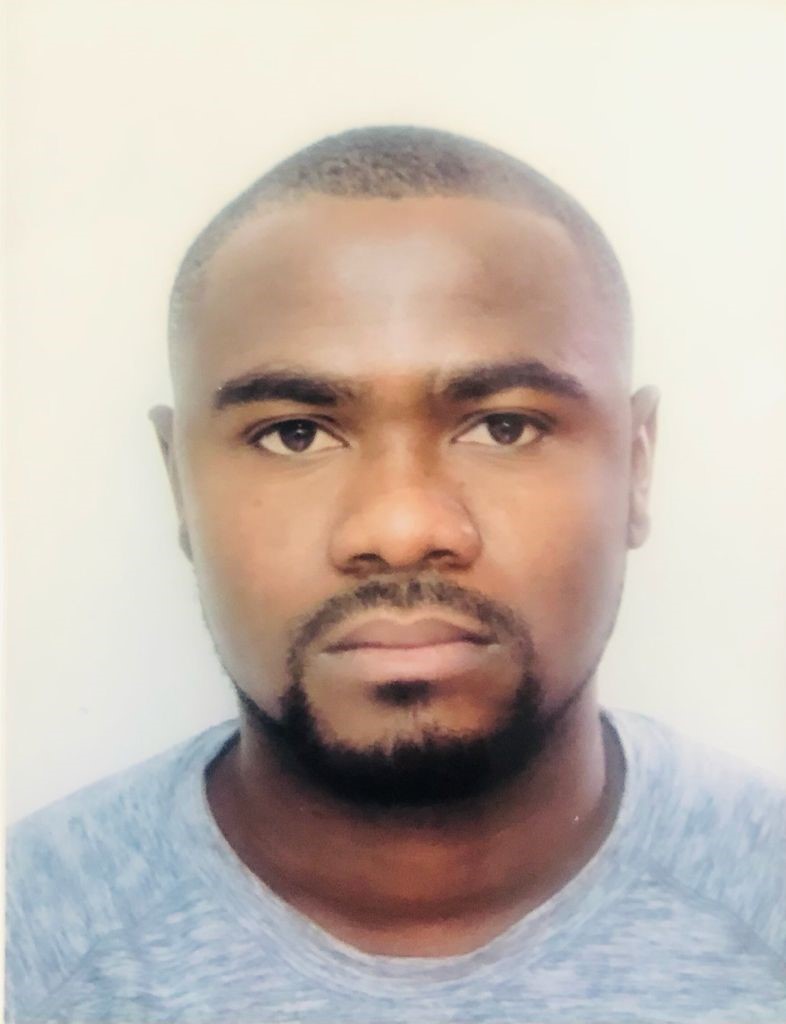Student profile: Johannes Allotey

What is the topic of your research?
What are you aiming to do and how does it relate to other work in your field?
My research topic is "Mosaic polarisation calibration in large interferometric datasets". My research is to build a robust, accurate and flexible tool to correct for the direction-and-frequency dependent leakages in small and large (SKA size datasets) low frequency interferometric datasets, and then proceed to probe the magnetic field distribution in the ICM and IGM using the polarised sources detected with high level of statistical confidence.
How far along the journey are you? First year, second year, writing-up etc.?
What has the journey been like so far?
I am in the final year of my studies. In the last four years, I have had the opportunity to be trained in astronomy through great supervision, presentation of my work at conferences, and also exposed to large collaborations like the LOFAR Magnetic Key Science Project. A spin-off is an upcoming trip to ASTRON to develop and participate in a novel holographic observations and data reduction for the LOFAR Low Band Array.
Also, having received training in data science and machine learning, I spent six months at the Rutherford Appleton Laboratory and built an active learning scheme for predicting the properties of solid state materials. Details of the work is under review at the Journal of Chemical Physics, but available on the archive (arXiv: 2108.02077). I have also had the opportunity to transfer these skills to data enthusiasts in Kenya through the Jean Golding Institute.
I am a part of the six-member team to have successfully acquired the STFC-IAA grant to build capacity for the big data boom in Ghana. A colleague and I have an IT start-up in Ghana called iDAM Tech Solutions through the support of this project.
What attracted you to the research opportunities at Bristol?
The expertise and experience of my research supervisor in the field of astrophysics coupled with training in data science and machine learning with opportunities to apply these skills in industry enticed me to the Data Science CDT at the University.
What is Bristol like as a place to live?
A beautiful and calm city with lots of great sceneries and history albeit, expensive.
What was it like starting a research degree as a new student?
What advice would you give to someone thinking about doing a research degree in Bristol Physics?
Having worked mostly in single dish radio astronomy, I found my new area of study fun but with lots of learning to do about radio interferometry. Guidance from my supervisor accelerated my knowledge and development in the field, which has been rewarding. An office full of other lively PhD students created an accommodating research environment.
To prospective research students at the university, there are adequate research and professional expertise at the department to help one reach their goal(s) in any area of physics training available at the department.